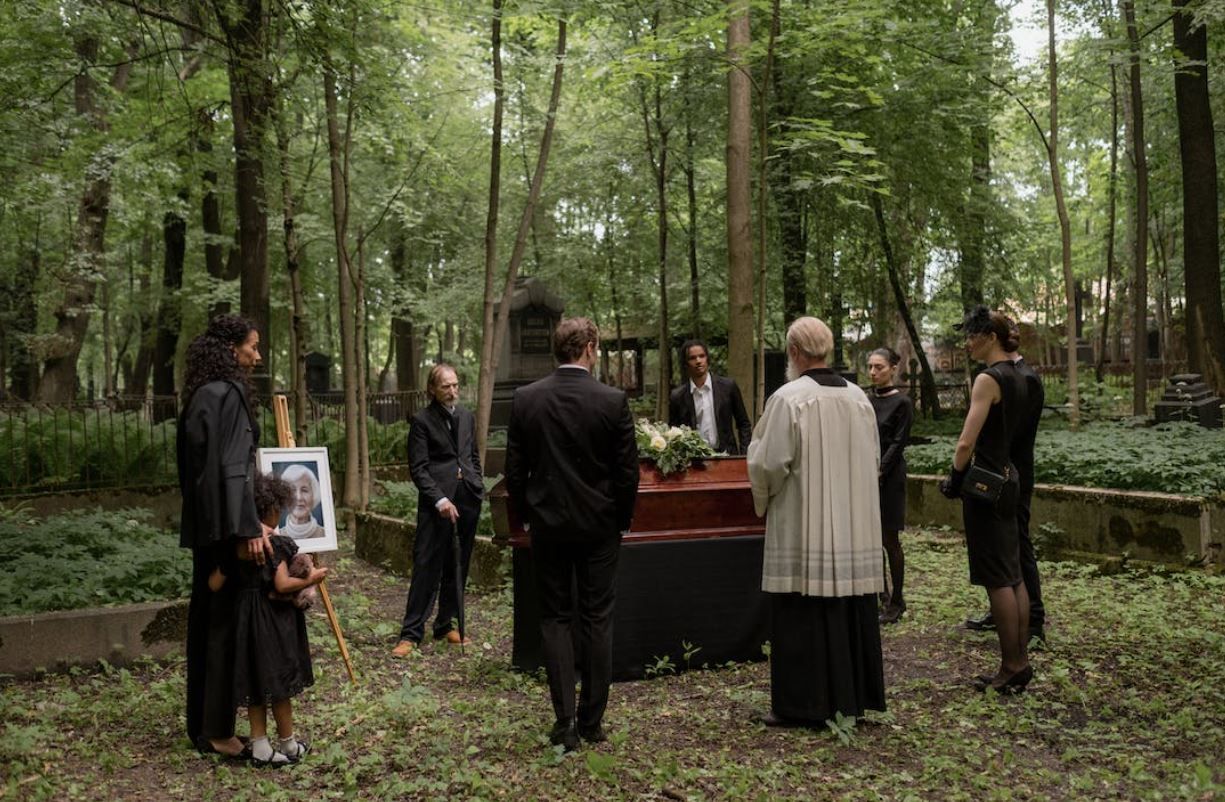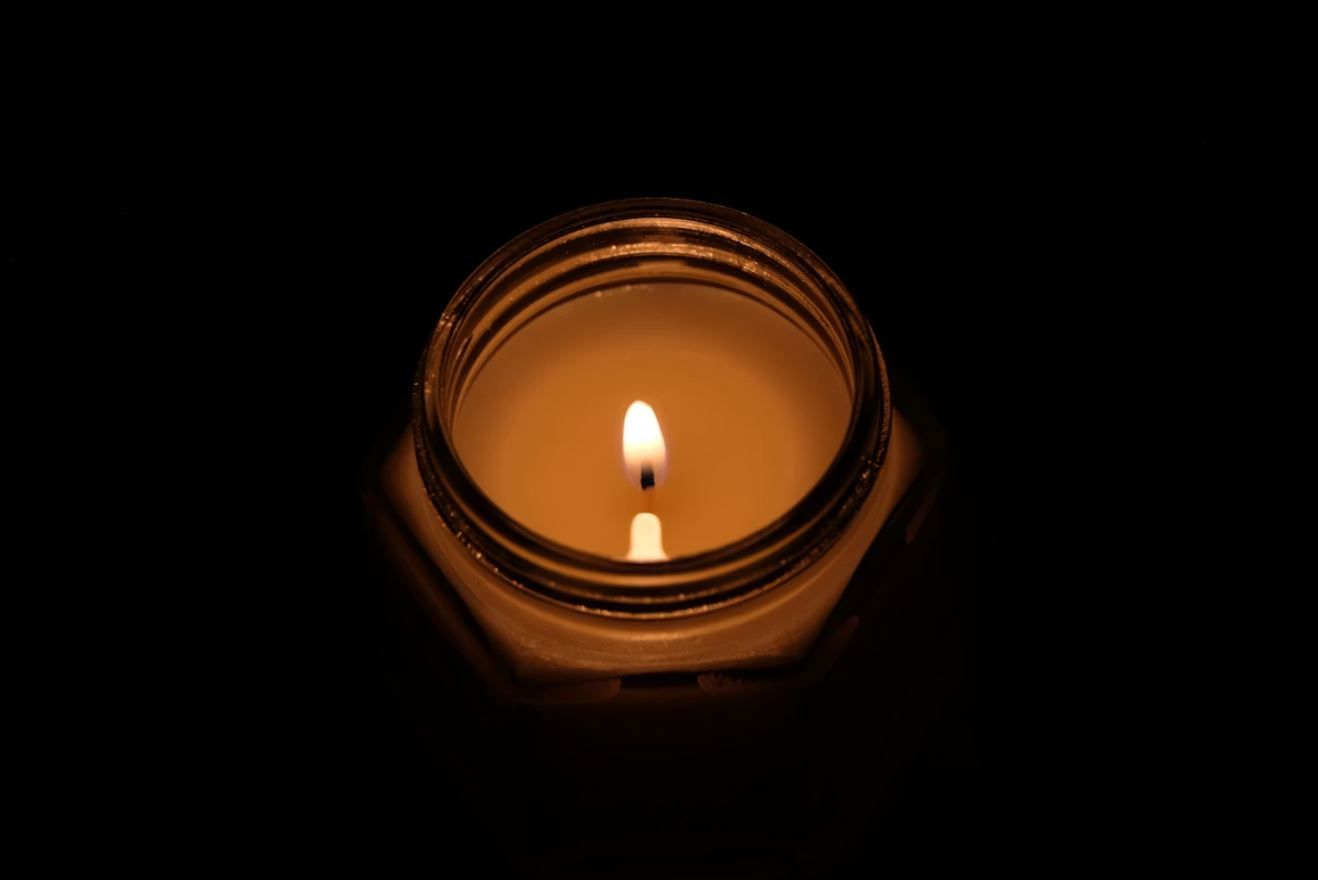Funeral Officiant: What Do They Do and Who Can Be One?
Who gets to be funeral officiant may not the most important decision during planning, but it’s a crucial one. This article will help you make the right choice.

A common misconception is that only a special group of people can conduct a funeral service. There’s no law that says it only has to be religious leaders or trained directors of Kennebunk, ME cremation service providers. But before you commission a family member or friend to lead a service, it’s important to understand what funeral officiants do.
Who is a Funeral Officiant?
When someone passes away, it's often necessary to hold a ceremony to say goodbye and honor their life. A funeral officiant is the person who presides over this ceremony. They're responsible for leading the service, guiding attendees through the proceedings, and ensuring that the wishes of the deceased and their loved ones are respected.
What Does a Funeral Officiant Do?
Funeral officiants have a lot of responsibilities. Here are some of the most important tasks they undertake:
- Meeting with the Family: The first thing a funeral officiant does is meet with the family of the deceased. They'll discuss the details of the ceremony, such as the date, time, and location, as well as any special requests or traditions that the family wants to include.
- Writing the Eulogy: One of the most important tasks of a funeral officiant is writing the eulogy. This is the speech that honors the deceased’s life and reflects on their accomplishments, personality, and impact on the world. The eulogy should be heartfelt and tailored to the individual being remembered.
- Leading the Ceremony: On the day of the funeral, the officiant is responsible for leading the ceremony. They'll guide attendees through the service, including any prayers, readings, or music that has been selected. They'll also provide support to the family and ensure that everything runs smoothly.
- Providing Comfort: Funeral officiants often serve as a source of comfort for those who are grieving. They'll listen to stories, offer words of encouragement, and provide support as needed.
- Handling Logistics: Finally, funeral officiants are responsible for handling many of the logistical details of the ceremony. This might include coordinating with the funeral home, arranging for music or flowers, and ensuring that everything is in place for a seamless service.
So, Who Can Be a Funeral Officiant?
There is no one answer to this question. In many cases, funeral officiants are religious leaders, such as priests, rabbis, or ministers. There are also civil celebrants if you don’t want a religious service. They are trained to focus less on traditional customs and more on the deceased and their family’s wishes. However, as mentioned at the top, anyone who can lead a service with compassion and professionalism can become a funeral officiant.
Some people may choose to become certified or trained as a funeral celebrant or officiant, which can help them develop the necessary skills and knowledge to lead services effectively. Others may simply have a natural ability to comfort and guide others in times of grief.
In the end, the most important thing for a funeral officiant is to have the ability to lead a service with sensitivity and respect, honoring the deceased’s life and providing comfort and support to those who are mourning. And our Kennebunk, ME cremation service is well-equipped for this. Whether you want a secular or religious service, we will work with you to create a personalized farewell for your loved one.
Blogs












